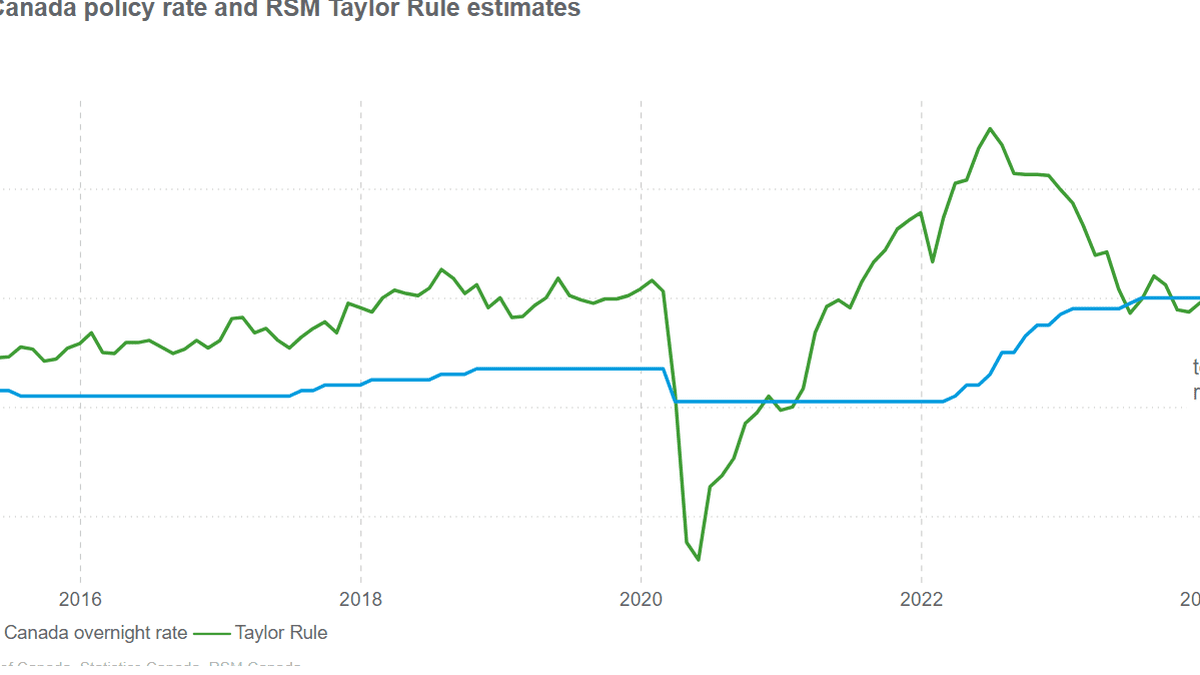When non-residents of Canada decide to sell Canadian real estate, understanding the associated tax implications is crucial. Whether it’s a family home, farmland, or an investment property, the Canada Revenue Agency (CRA) imposes specific regulations that non-resident sellers must comply with.
This article delves into the primary tax considerations, including withholding taxes, certificates of compliance, and reporting deadlines that non-residents should be aware of when disposing of Canadian real estate.
Understanding Withholding Taxes and Certificates of Compliance
The CRA requires purchasers of Canadian real estate from non-residents to withhold 25% of the gross sale proceeds. This amount is held pending the issuance of a certificate of compliance, a critical document that both the seller and buyer need to ensure a smooth transaction.
- Obtaining the Certificate of Compliance: Non-residents must notify the CRA of the property disposition by filing for a certificate of compliance either before selling the property or within 10 days after the sale. Delays can result in penalties ranging from $100 to $2,500.
- Calculation of Withholding Tax: Accompanying the request for a certificate of compliance may require payment or security equal to 25% of the excess sale proceeds over the adjusted cost base (ACB) of the property. Practically, this amount can be drawn from the 25% withholding initially held by the purchaser.
Filing a Canadian Tax Return as a Non-Resident
To recover any excess withholding tax, non-residents may file a Canadian income tax return, which allows them to deduct legitimate expenses and outlays incurred during the sale. This is an important step, as it provides the opportunity to reduce the overall tax burden and potentially reclaim some of the funds initially withheld.
- Key Filing Deadlines:
- Individuals: Tax returns must be filed by April 30th of the year following the property sale.
- Corporations: Returns are due six months after the end of the corporation’s taxation year during which the sale occurred.
- Trusts: Returns must be filed within 90 days of the trust’s taxation year-end.
Understanding and adhering to these deadlines is essential to avoid additional penalties and complications.
Conclusion
Disposing of Canadian real estate as a non-resident involves a multi-step process with significant tax implications. From securing a certificate of compliance to filing a Canadian tax return, each step plays a critical role in ensuring compliance with CRA regulations while optimizing the tax outcome. Given the potential penalties and complexities involved, non-residents are strongly encouraged to seek expert guidance.
If you’re a non-resident planning to sell property in Canada, contact us today for personalized assistance in managing the tax implications and ensuring a smooth transaction.


